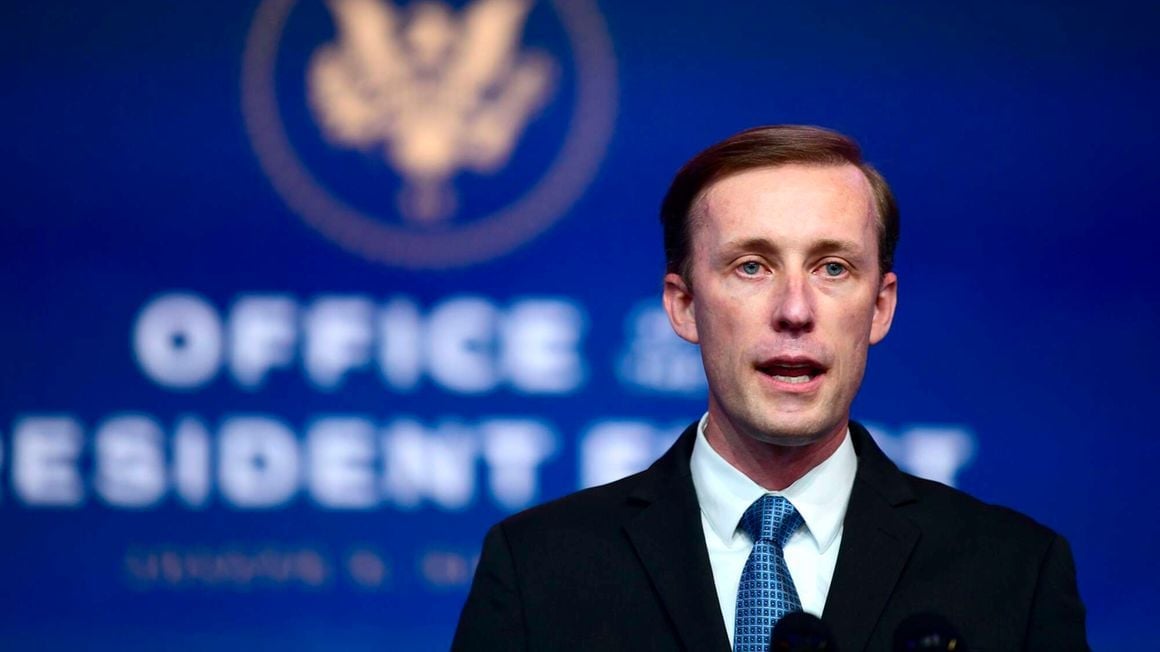US imposes economic, visa sanctions over violence in Sudan

US National Security Advisor Jake Sullivan. PHOTO | AFP
What you need to know:
- The State Department meanwhile imposed visa restrictions on officials from the SAF, RSF, and leaders from the former Omar al-Bashir regime, saying they were complicit in "undermining Sudan's democratic transition."
The United States slapped sanctions Thursday on companies associated with the two warring military groups in Sudan, ramping up pressure on both the army and the paramilitary Rapid Support Forces (RSF) to halt the violence.
The US Treasury placed two major arms companies of the Sudanese Armed Forces, Defense Industries System and Sudan Master Technology, on its blacklist.
In parallel it placed sanctions on gold miner Al Junaid Multi Activities Co and arms trader Tradive General Trading, two companies controlled by RSF commander Mohamed Hamdan Daglo and his family.
The State Department meanwhile imposed visa restrictions on officials from the SAF, RSF, and leaders from the former Omar al-Bashir regime, saying they were complicit in "undermining Sudan's democratic transition."
The State Department did not provide the names of those hit with visa blocks.
"We are following through by levying economic sanctions, imposing visa restrictions against actors who are perpetuating the violence," White House National Security Advisor Jake Sullivan said in a statement.
"Despite a ceasefire agreement, senseless violence has continued across the country -- hindering the delivery of humanitarian assistance, and hurting those who need it most. The scope and scale of the bloodshed in Khartoum and Darfur, in particular, is appalling," Sullivan said.
Sullivan noted that the sanctions were enacted under a new authority set by President Joe Biden in May.
The announcement came after 18 people were killed in a Khartoum market by shelling and aerial bombardment, one day after the army walked out of talks with the RSF hosted by Saudi Arabia in Jeddah.
"These actions are in response to SAF and RSF violations of the obligations they undertook in Jeddah: looting, occupation of and attacks on civilian residences and infrastructure, use of aerial bombardment and artillery, attacks and prohibited movements, and obstruction of humanitarian assistance and essential services restoration," said Secretary of State Antony Blinken in a statement.
Speaking on grounds of anonymity, a senior US official told reporters that the United States still had hopes for negotiations in Jeddah.
"Neither party has left Jeddah," the official said. The SAF delegation remain in the Red Sea city, and are communicating with RSF delegates on possible "confidence-building measures."
The official said the sanctions were aimed at generating "behavior change" in the warring parties by tightening their access to finance and arms.



